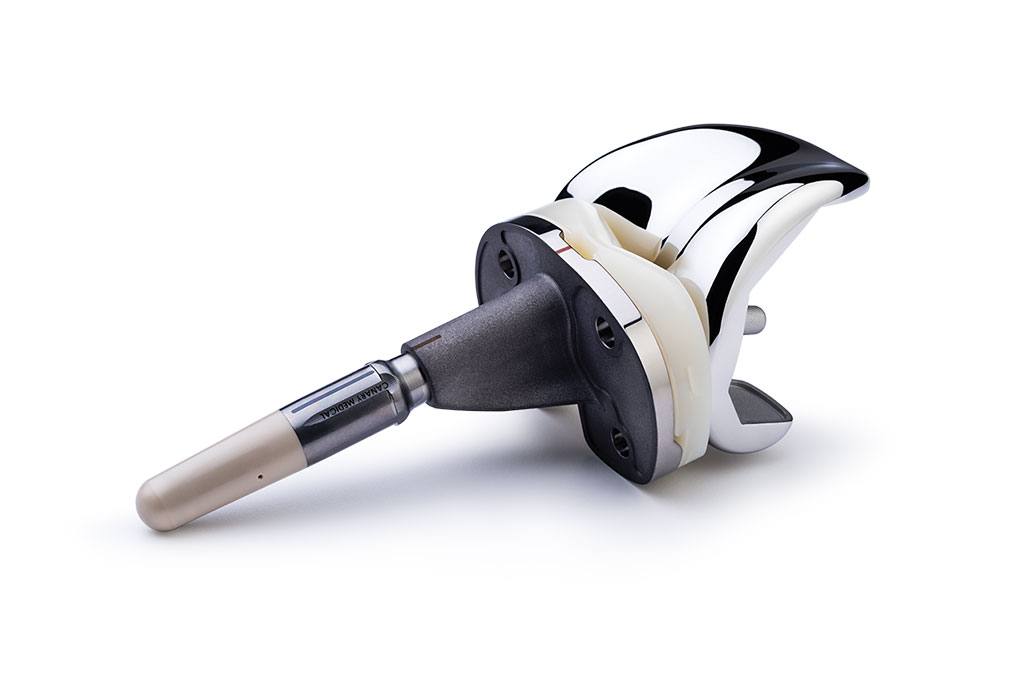Dr. Karim Sabeh performs first Persona IQ® implant in South Florida.
Imagine a bionic body part that can talk to your phone. Sound like a sci-fi movie? Think again. It’s the latest technology in knee replacement surgery, and Mount Sinai Medical Center is the first medical facility in South Florida to use it.
The patient experience remains at the heart of everything we do at Mount Sinai Medical Center. It is in this spirit that we are proud to now offer Persona IQ, the world’s first and only FDA-approved smart knee implant for total knee replacement surgery.
Karim G. Sabeh, MD, is the Director of Adult Reconstruction and Arthroplasty and an Assistant Professor of Orthopedic Surgery at the Columbia University Division of Orthopedic Surgery at Mount Sinai Medical Center. Dr. Sabeh specializes in minimally invasive, robot-assisted hip and knee replacement. He performed the first smart knee replacement in South Florida on January 11, 2023.
“We’re excited to offer the world’s first smart knee implant to our patients considering knee replacement surgery. This new innovation will provide surgeons access to objective kinematic data directly from the implant post-surgery,” says Dr. Sabeh.
What exactly is a smart knee replacement? An innovation in the growing field of remote patient monitoring — essentially, it’s a joint replacement using a prosthesis equipped with a smart device that tracks patient progress. Created by Zimmer Biomet (who also created ROSA, the robotic surgical assistant Dr. Sabeh used for the implantation), the device measures things like range of motion, step count, walking speed, and other movement metrics. But it does not have a GPS and does not monitor location.
Overnight, the smart device wirelessly transmits a wide range of data from the knee implant to a patient’s personal base station at home. The data is then securely delivered to a HIPAA-compliant, cloud-based platform. The data can be accessed by the patient, and the patient’s surgeon, via a remote care management platform (called mymobility®) that tracks pre- and postoperative mobility metrics.
“This process allows for increased patient engagement and for surgeons to be able to remotely monitor patient progress and better manage postoperative care,” explains Dr. Sabeh. “It really takes the guesswork out of monitoring how a patient’s joint is working, after surgery.”
To learn more about Dr. Sabeh, visit: Karim Sabeh, MD — Mount Sinai Medical Center (msmc.com). To learn more about Persona IQ, visit: zimmerbiomet.com/en/patients-caregivers/persona-iq.html.



